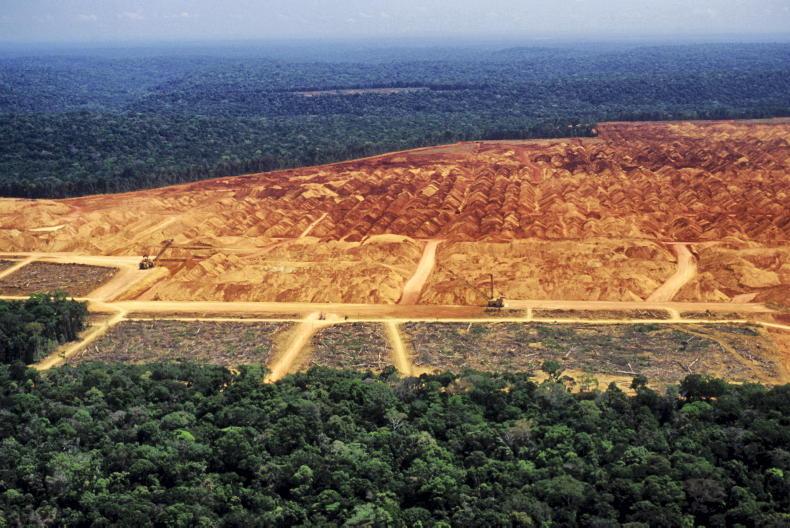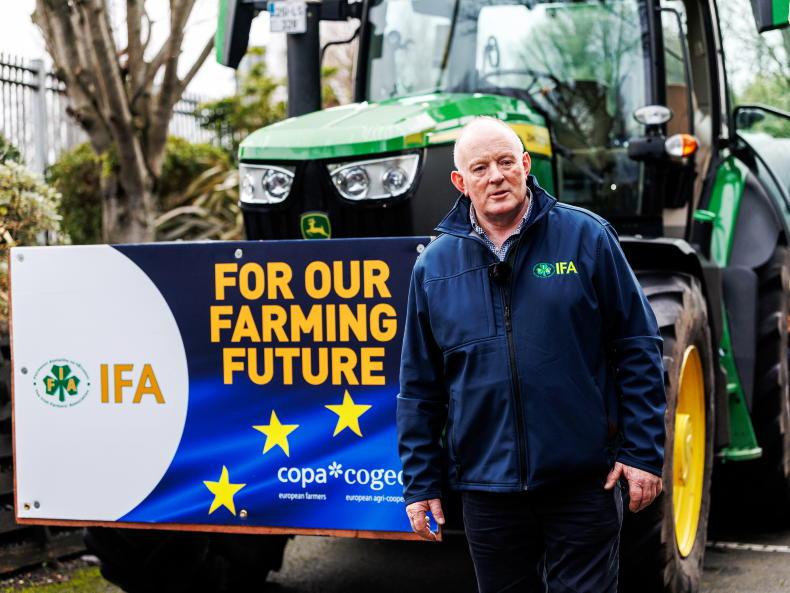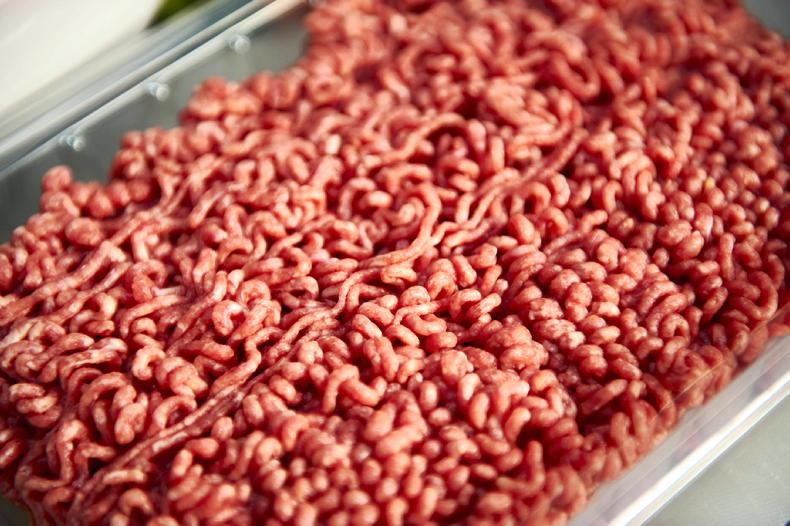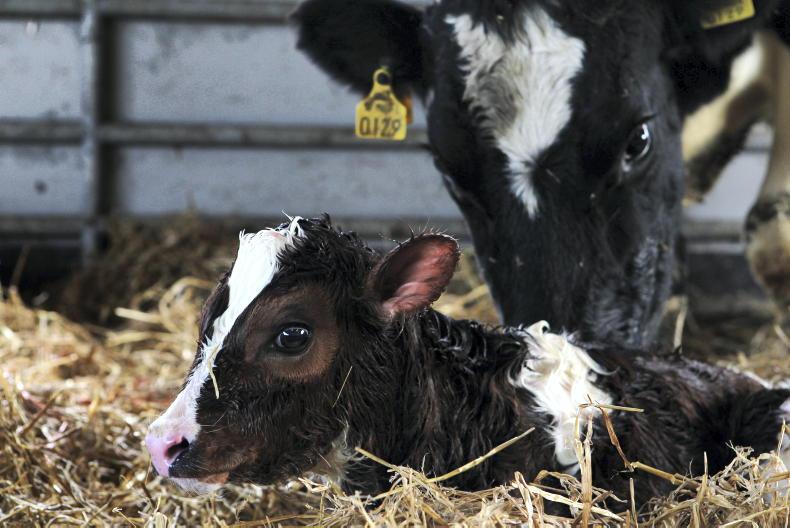Brazil’s Minister of Agriculture, Livestock and Supply, Marco Montes, told this week's National Dairy Forum that Brazil can be the world’s biggest supplier of dairy products, the way it currently is for soya, coffee and beef. His comments, carried in several Brazilian media outlets, referred to achieving this objective as the country has everything required to do so.
He referenced the countries 1.170m dairy farmers, who produce 35bn litres of milk annually, though 93% of farmers produce less than 200l per day. Irish and EU farmers will be interested to note that Minster Montes reported on a meeting with EU Health Commissioner Stella Kyriakides and that the Brazilian government is also working on a plan to make the use of name “milk” applicable to only dairy products.
Timing of ambition
The timing of this announcement coincides with a time when production in the EU and New Zealand appears to have reached a plateau, as reported by Jack Kennedy in this week's Irish Farmers Journal.
Brazil has the capacity to bring huge swathes of land into production, however this comes at the environmental cost of expanding into rainforest areas, though Brazil would point out that anything it does in relation to rainforest clearance is no different to what Europe has done over centuries.
Market potential
If Brazil achieves its ambition to grow its dairy industry, it will require huge investment in processing and infrastructure capacity. The beef industry, where it is the global leader in exports, has this in place already. However, if it gets the structure right, there is a global market waiting for its production, as the demand for dairy products is forecast to increase over the next decade. Additionally, Brazil has a strong global network for its beef, poultry and coffee products and has a promotion agency, not unlike Bord Bia, in place to assist with customer development.
It is also striking to note the ambition of Brazil’s agriculture minister to increase production and target growth in exports to the point of being world number one. This contrasts significantly with the EU approach of focusing on a type of production that isn’t compatible with expansion and an ambition to prioritise reduction in emissions and protection of the environment. Irish farmers are geared towards production and Ireland has the resources of grass and water necessary to facilitate sustainable production. It is one world, one atmosphere, but a multitude of policies at national and even regional level.









SHARING OPTIONS